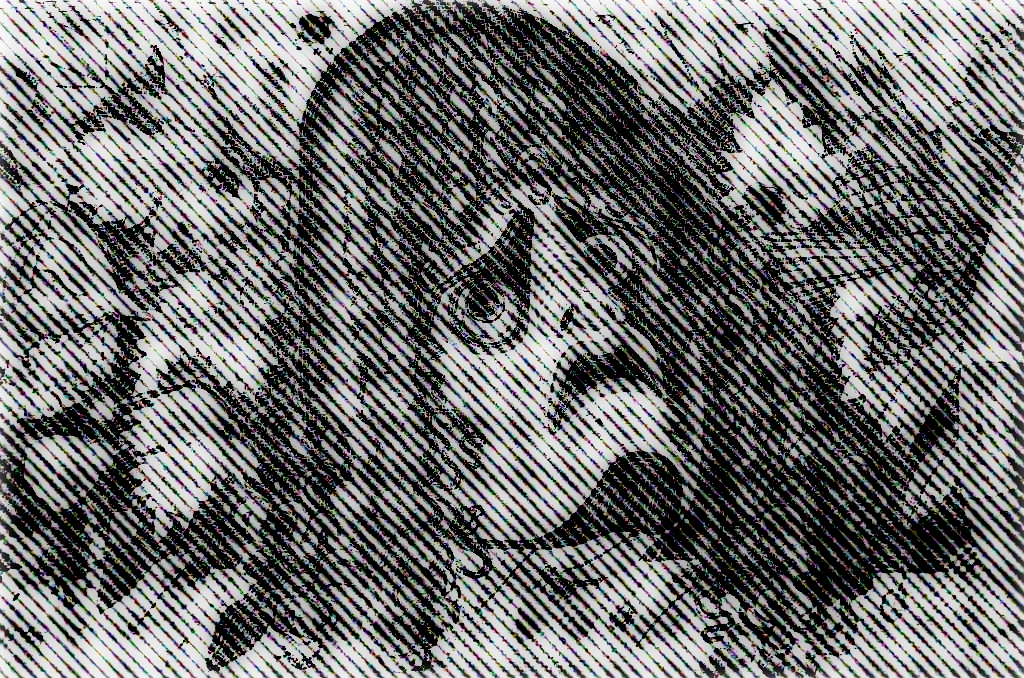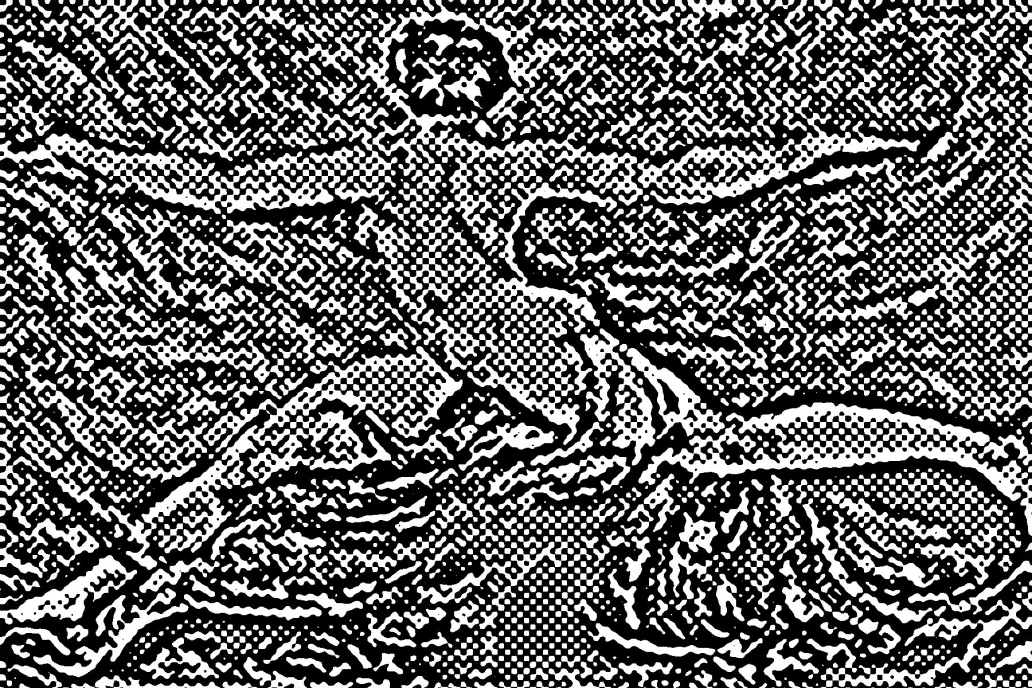
In ancient Athens, it was taken for granted that the theatre——the seedbed of Western high culture——was obviously religious.
The great playwrights like Sophocles and Euripides were trafficking in weapons-grade emotional mechanics so strong they could not have been underwritten by anything less than the gods themselves.
From the beginning, therefore, Western aesthetics were PSYOPs conducted in conjunction with the gods. For the Greeks, emotions were themselves deified: Phobos a personification of fear and panic, Eleos of mercy and compassion, and so on.
If the job of the artist is to channel the gods, then one job of the polity is to channel the artists.
The Athenian elite always channeled their divine-aesthetic medium with great care——at least until 386 BC, according to a fascinating analysis by the German philosopher Peter Sloterdijk.
Before 386, as Sloterdjik explains in his 2001 essay The Plunge and the Turn, each theatrical work could only be performed one time at a designated religious festival. Just think! To our modern sensibility, it seems beyond provincial to prohibit the circulation of an artwork.
But art is theophanic; to attend a Greek tragedy was to experience a kind of living proof of the divine. Repeat performances, decontextualized from the political community to which they should redound, staged under unverifiable conditions, are essentially fraudulent performances. Not everyone can fabricate their own legitimate Coach handbag, why should anyone be able to perform a Sophoclean tragedy?
At stake with a Coach handbag is only intellectual property, at stake with high culture is nothing less than the cognitive security of a theo-political body. If you can believe the gods manifest through art, then media ought to be at least as verifiable as a designer handbag.
At some point in 386, the small group in charge of the Athenian religious festivals decided that repeat performances would no longer be prohibited. Perhaps because Athens had been ravaged by war and disease, and the golden age of the theatre had passed. Why not relax controls on the supply-side?
Plato saw better than anyone that liberalization of the media meant theo-political instability. Not coincidentally, it was in the same year, 386, that he launched his Academy——becoming one of the first great cultural entrepreneurs in the cognitive security industry. Plato's famous injunctions against the poets in Republic can only be understood in this context.
Today, we love to affirm platitudes like "great art should be accessible." But what if this was our primordial error? What if the first great disaster of Western culture was that art was made too accessible?
As we venture into the world of ubiquitous "deepfakes," even the most cosmopolitan art lovers will begin to question the wisdom of having desanctified and democratized art.
The world will rediscover that art is a weapons-grade theo-political technology, which we've mystified for too long.
When we finally rediscover what the Greeks always knew, our civilization will require something that Plato never could have imagined: Planetary-scale cognitive security infrastructure.
